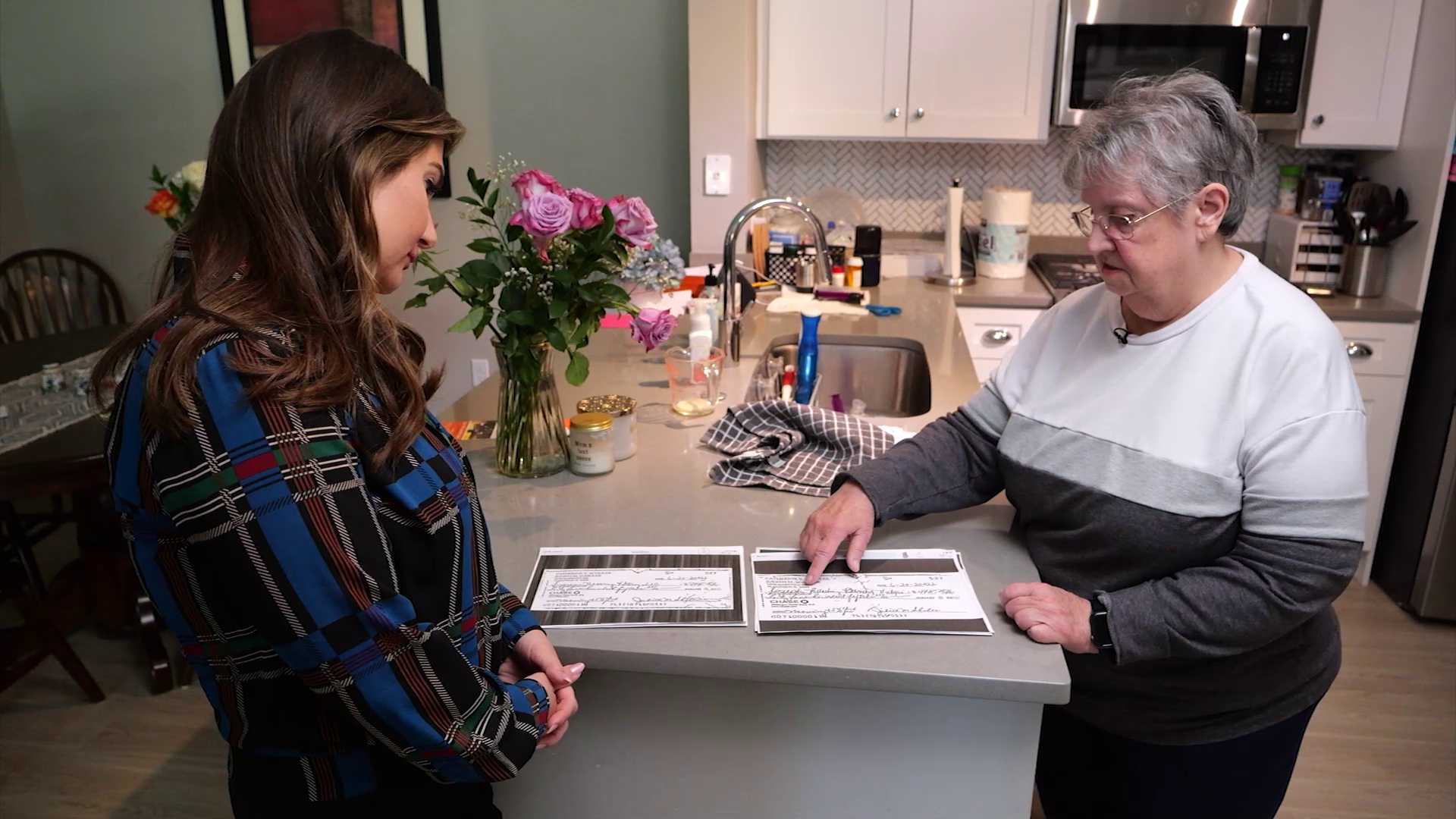Medical billing errors are a common problem that can be extremely costly for consumers, unless those errors are discovered and corrected before payment.
But with America’s complex medical insurance models and providers having different billing procedures, that’s no easy task for consumers, as it can be difficult to know what to look out for and how to spot a medical overcharge.
Now, a consumer advocacy group wants to change that, arming patients with the knowledge and the confidence to spot red flags, coding mistakes and unfair charges by following a checklist of sorts for what to do from the moment a medical bill arrives in the mail.
Anand M. out of Naperville recently contacted NBC 5 Responds after discovering a billing error that could have cost him thousands of dollars he did not owe. We are using Anand's first name and last initial because of privacy concerns he had related to his medical billing.
The provider admitted the error “was a mistake” after NBC 5 brought it to their attention.
It all started with a surgery on his right wrist last summer. Anand went to Northwestern Medicine for the procedure and said the procedure was a success.
“Surgery was excellent, the service was great, and the surgery was successful,” Anand said.
But two months post-surgery, Anand said he received a surprise: His bill for the procedure included an extra $2,600 out-of-pocket charge he was not anticipating.
Anand said, “The amount they asked me to pay was way more than what they said I should anticipate as out-of-pocket.”
That extra charge was for a member of the Northwestern Medicine’s surgery team, a physician’s assistant that his insurer, Cigna, said was out-of-network.
Feeling out of the loop? We'll catch you up on the Chicago news you need to know. Sign up for the weekly> Chicago Catch-Up newsletter.
Illinois’ Fair Patient Billing Act is clear: Patients must be notified of out-of-network costs before a surgery takes place.
But Anand said Northwestern Medicine had told him they were in-network for his insurance plan.
Now, his insurance statement said one of the PA's was out of network, leaving Anand with the bill.
“I said, ‘You don’t expect me to ask somebody when I’m going under the blade, ‘Are you in-network? Are you not in-network?’ when there are six people in the surgery room,” Anand explained.
Anand called Northwestern Medicine and he said they told him the out-of-network charge was “under review.” Months ticked by with no response, until a collection notice arrived in the mail.
“That took me completely by surprise, and having been here so long and building an excellent credit history, I was absolutely shaken up,” Anand said.
Anand contacted NBC 5 Responds for help. After reviewing his insurance records and speaking with Northwestern Medicine, it was determined that physician’s assistance was actually “in-network.”
A spokesperson for Northwestern Medicine said Anand’s insurer, Cigna, had coded it wrong.
Cigna did not respond to NBC 5 Responds’ request for comment, but the insurer changed Anand’s bill shortly after our emails were sent to the company.
As for the bill sent to collections, Northwestern Medicine said the “mistake” was caused by an isolated “human error” on their part. A spokesperson said as a result of the error, the hospital would be speaking with their team about what happened, “in hopes of preventing this from happening again.”
A happy ending for Anand, that’s not the norm for most patients.
Kevin Brasler is with the consumer advocacy group “Consumers’ Checkbook.”
“Billing errors happen all of the time for multiple reasons: conflicting communication between different insurers or different contracts with employers. Coding happens on the provider side, and if they do it wrong, it’s likely that claim will go unpaid,” Brasler explained. “This system is so complicated.”
And those complications can cost consumers a lot.
Becker’s Hospital Review, a trade magazine that focuses on the American medical industry, found in 2016, a staggering 80% of American medical bills had some sort of error in them, resulting in billions of dollars in erroneous debt.
What can consumers do to protect themselves? A new report out by Consumers’ Checkbook offers some advice, starting from the moment a bill arrives in the mail.
First, and surprisingly, Brasler said consumers should wait to pay.
“When we spoke to a lot of experts in medical billing, they unanimously said, ‘Yeah, don't pay the first bill,’” Brasler explained. “The reason is that a lot of times, it just takes a while for the process to work itself out.”
Next, Brasler advised to make sure it’s an actual medical bill. Sometimes it can just be an explanation of benefits from your insurance provider and won’t indicate the actual payment owed.
If the bill amount is drastic, or more than you were expecting, Brasler said to check with the provider to make sure it billed your insurance. The insurance company can check the coding, approve the claim and pay the provider to lessen the cost.
Consumers can also do their homework to see if the providers’ fees are reasonable.
Federal laws that recently went into effect mandate all medical providers to transparently publish their fees, so consumers can check if they are reasonable, compared to other local hospital systems.
FAIR Health Consumer, a free, online tool, shows in-network and out-of-network price estimates for hundreds of medical procedures, treatments and testing, tailored to the person’s zip code. To try it out, click here.
Lastly, if there’s a large amount you owe, but you do not have the money to pay, Brasler says consumers should ask the provider if they can forgive some or all of the debt.
“You can often get that amount reduced,” Brasler explained. “We found that most hospital systems and a lot of doctors have basically programs where they help people who can't afford to pay their medical bills, and they forgive all or a lot of the debt.”
To read more advice from Consumers' Checkbook on how to spot medical bill errors, click here.
Anand’s experience shows that spotting a medical billing error starts with you.
“Check your bills! Read your statements!” Anand said. “There’s always a small print and sometimes, it’s not necessarily small.”



